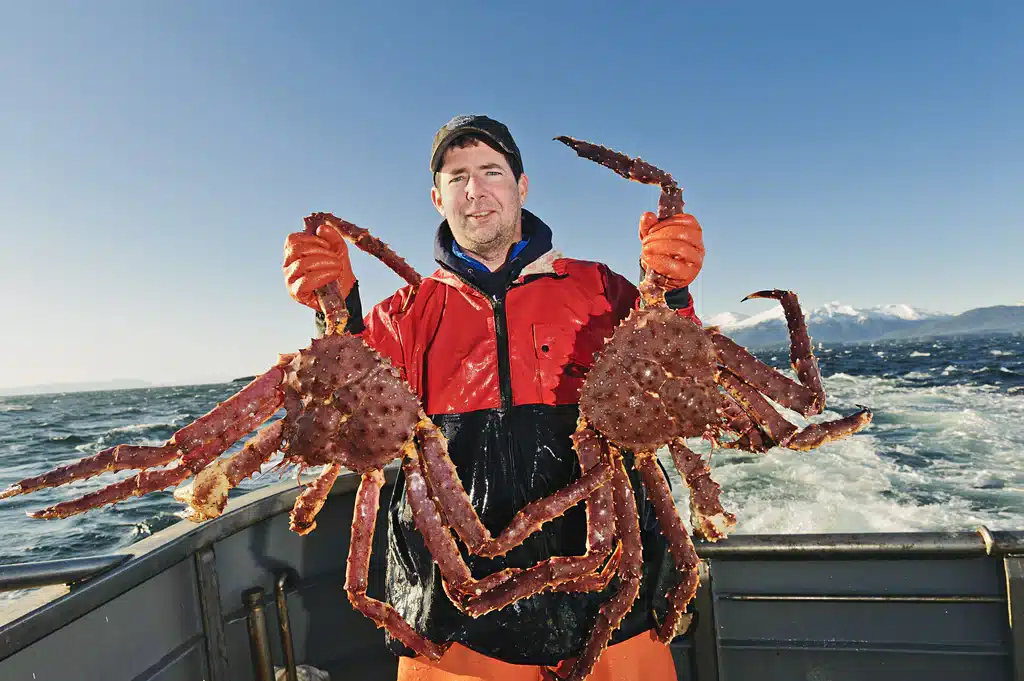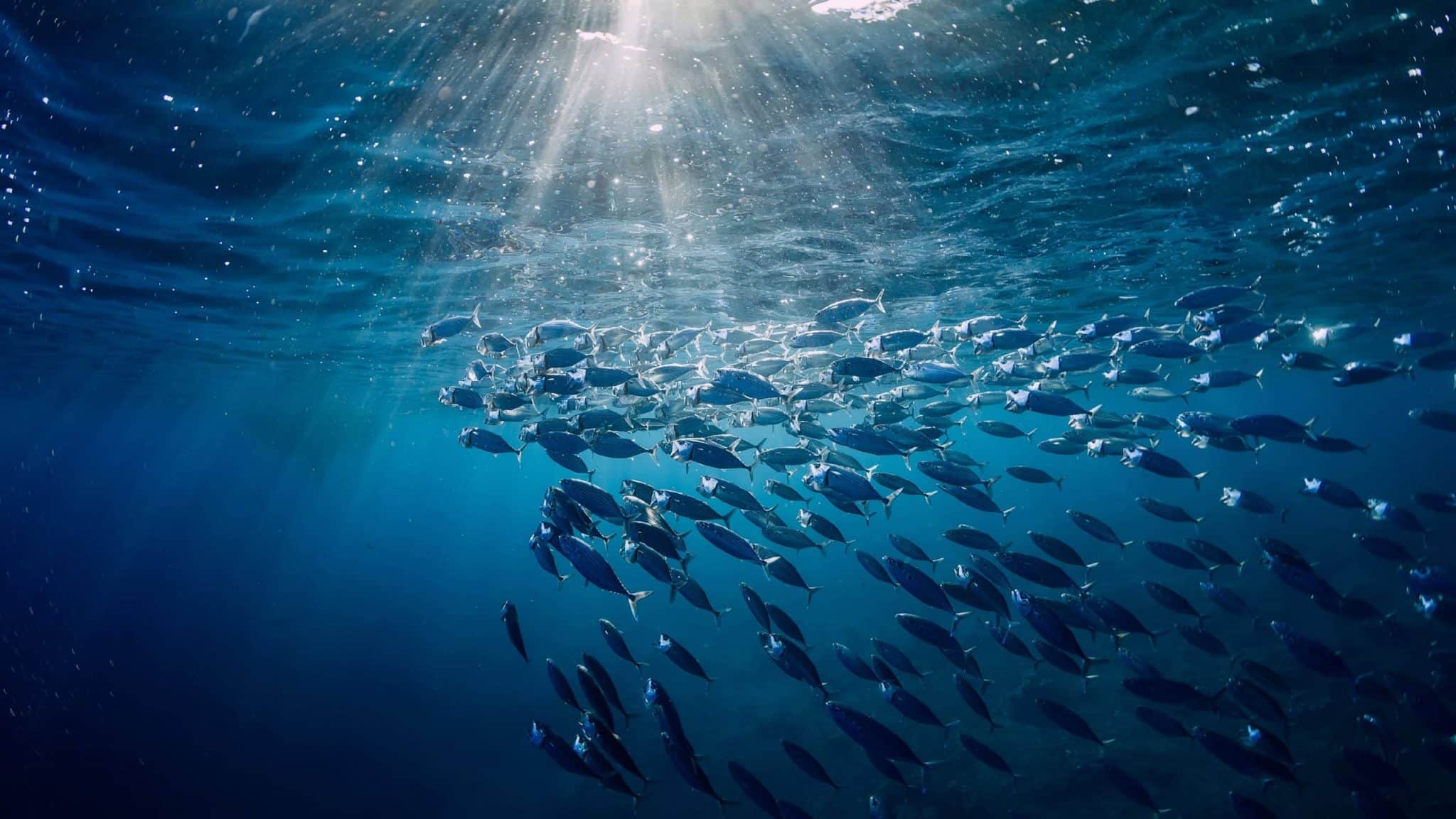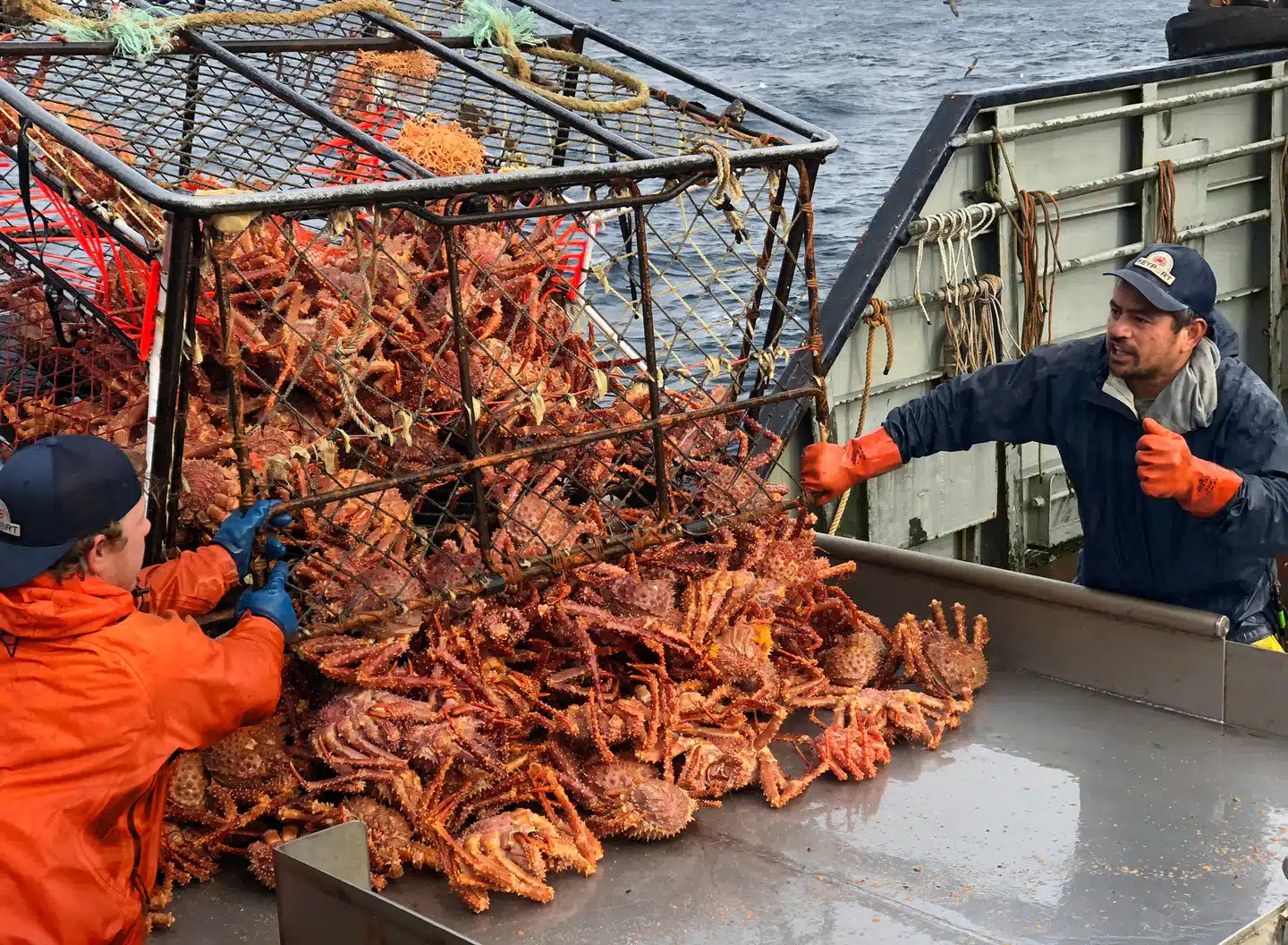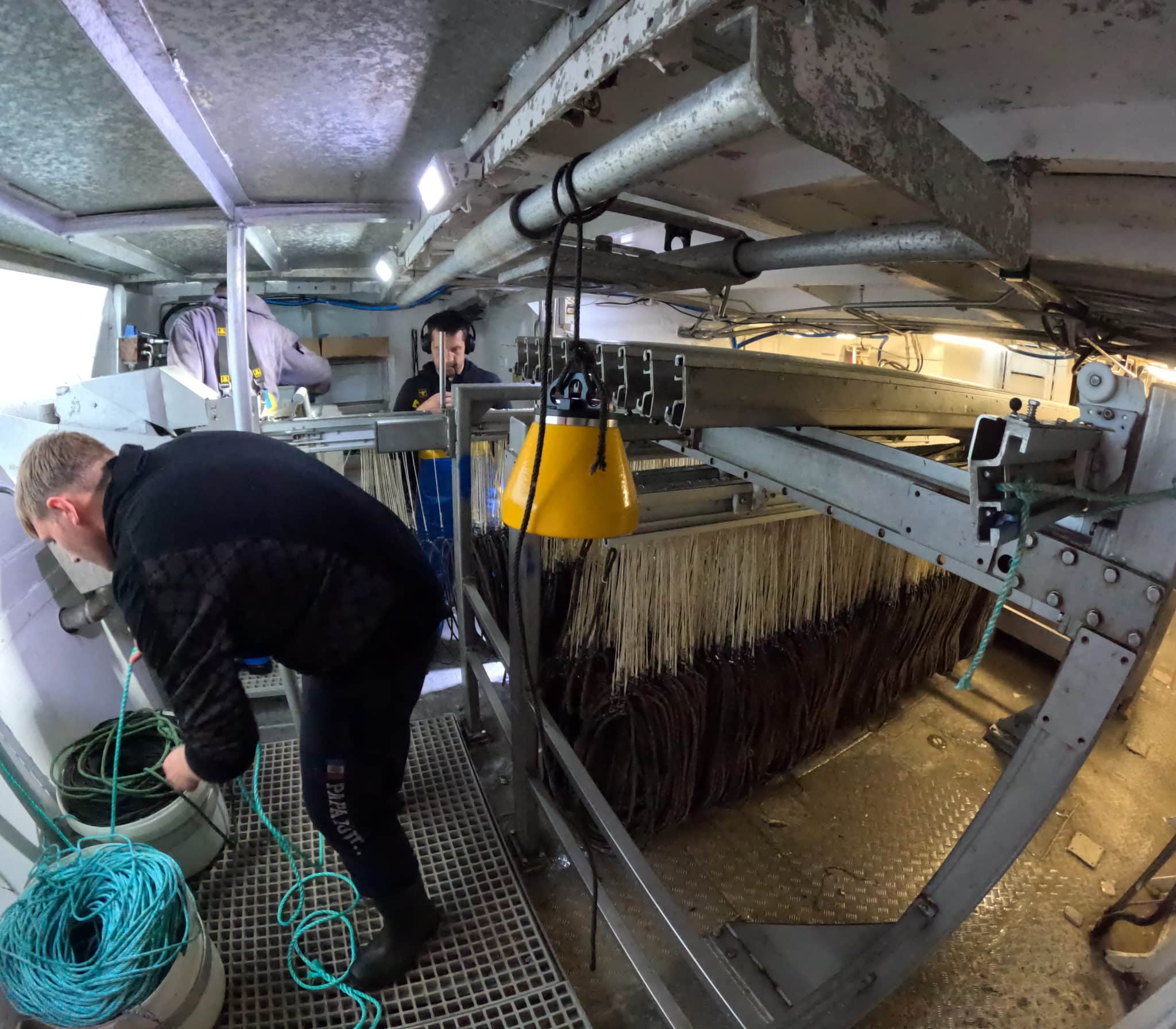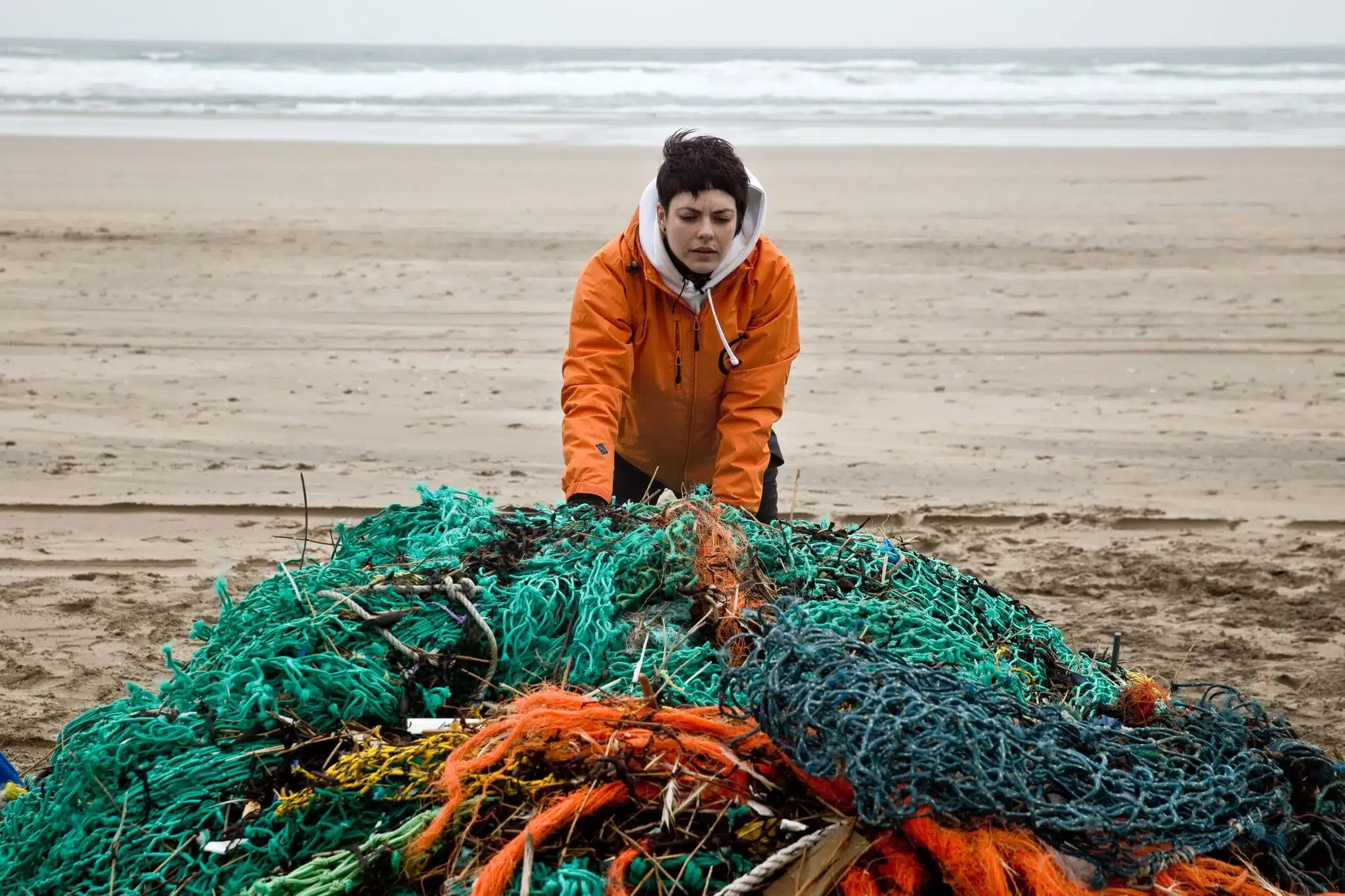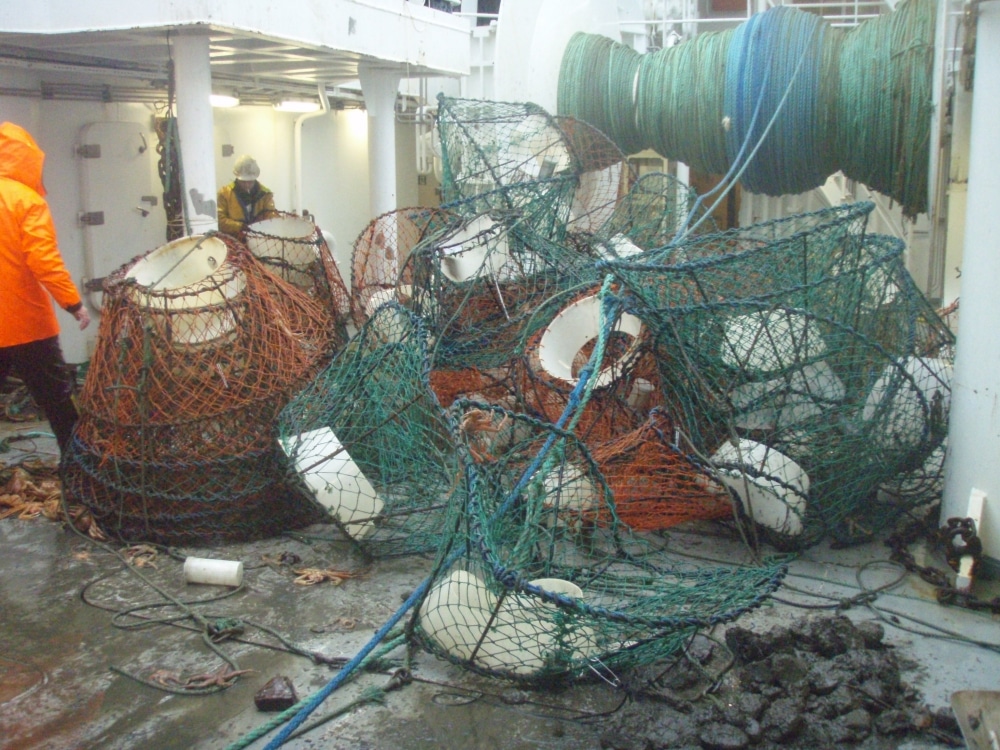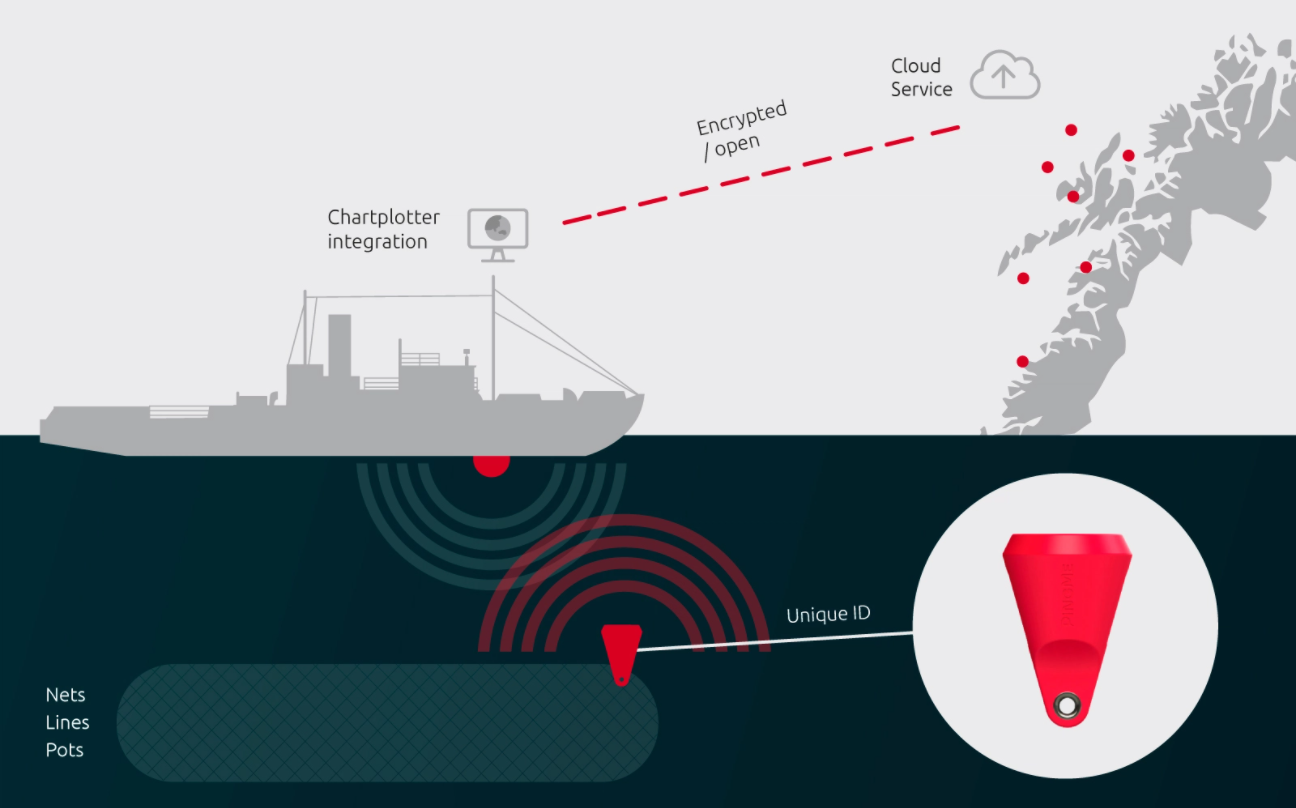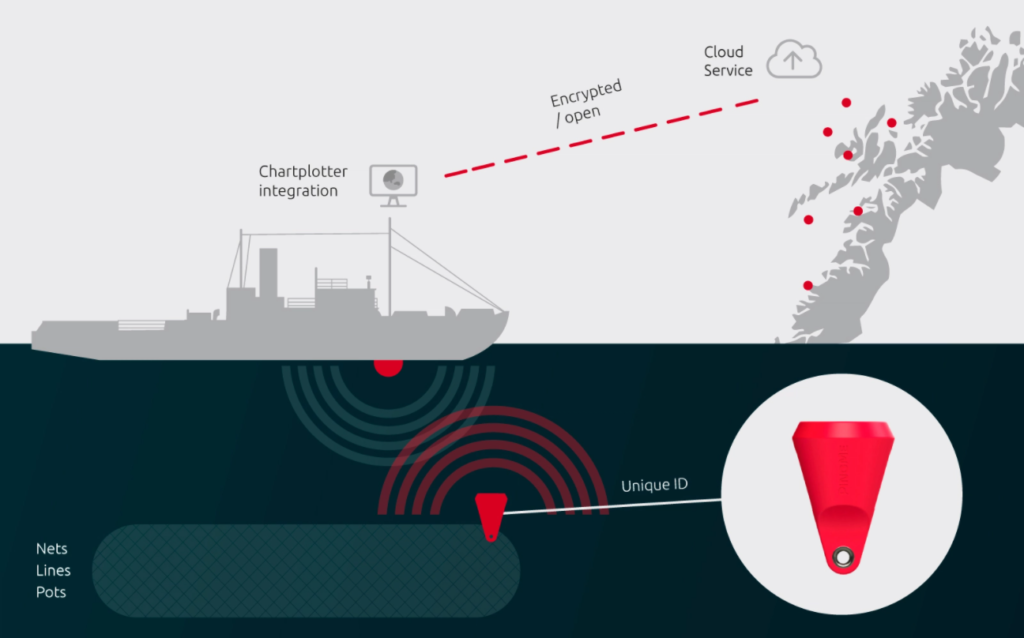In the evolving landscape of global fisheries, the Irish snow crab fishing industry is at a crossroads. The increasing need for sustainable practices coupled with the rapid advancement of technology is reshaping the industry. This transformation is driven by environmental considerations and a focus on ensuring the industry’s longevity and economic viability.
The global decline in snow crab populations, particularly noted in regions like Alaska, underscores the urgency of sustainable fishing practices. This worrying trend highlights the delicate balance needed in managing crab fisheries to prevent similar situations in other parts of the world, including Ireland.
Innovative technologies are revolutionizing the way fishing industries operate. For example, in Canada, wave gliders are being used to track the extensive movements of snow crabs, as reported by Hydro International. This technology not only provides more accurate monitoring but also paves the way for more informed and sustainable fishing practices. Such advancements offer valuable lessons and opportunities for the Irish snow crab fishing industry to enhance efficiency and resource management.
The Irish fishing industry, with its rich history and current challenges, is adapting to these global trends. The Fishing Daily provides insights into the evolution of the industry in Ireland, highlighting the importance of staying abreast of both environmental concerns and market demands.
Sustainability is increasingly at the forefront of the fishing industry’s agenda. Initiatives like the Fishery Improvement Project in Canada, which focuses on reducing whale entanglements and achieving sustainable seafood, offer models that could be adapted by the Irish industry. These initiatives, as detailed on Snow Crab Zone 12, demonstrate the industry’s commitment to environmental stewardship and the adoption of new technologies.
The future of the Irish snow crab fishing industry hinges on its ability to integrate sustainable practices with technological innovation. Embracing these changes is essential not only for the health of marine ecosystems but also for the industry’s economic sustainability and resilience.
The Snow Crab Zone 12 fishery in the Gulf of St. Lawrence, Canada, exemplifies how advanced gear tracking technologies and sustainable practices can significantly improve operations. Historically, this fishery faced substantial challenges with lost gear and whale entanglements. However, by adopting real-time GPS tracking and satellite communication systems, they have drastically reduced gear loss and minimized ghost fishing.
Additionally, the implementation of wave gliders equipped with acoustic sensors has enabled more precise tracking of snow crab movements and fishing gear. This technology has not only enhanced operational efficiency but also contributed to significant environmental benefits by reducing marine mammal entanglements.
One of the standout success outcomes of these initiatives has been the positive impact on whale populations. The adoption of technologies that reduce the risk of entanglement has helped in the recovery and protection of endangered species like the North Atlantic right whale. NOAA Fisheries has reported that efforts to mitigate gear entanglements are critical to the conservation of these vulnerable whale populations. By implementing these technologies, Snow Crab Zone 12 has seen a reduction in whale entanglement incidents, contributing to the gradual reinvigoration of whale stocks in the region.
Economically, the Snow Crab Zone 12 fishery has reaped substantial rewards from these technological advancements. The reduced costs associated with gear replacement and the ability to demonstrate sustainable fishing practices have enhanced marketability and opened new opportunities for premium pricing in sustainability-conscious markets.
Incorporating advanced gear tracking technology, such as PingMe, is a game-changer for the fishing industry. It enhances operational efficiency, reduces environmental impact, and offers substantial economic benefits. As the industry continues to evolve, embracing these technologies will be crucial for maintaining profitability and sustainability.We at OSAC are always looking for like-minded individuals and organizations with projects focused on research aimed at improving our oceans. If you are working on such a project, we would be very happy to hear from you. Let’s collaborate to create sustainable and innovative solutions that ensure the health of our marine ecosystems and the viability of the fishing industry for future generations. Reach out to us to share your initiatives and explore opportunities for partnership.
